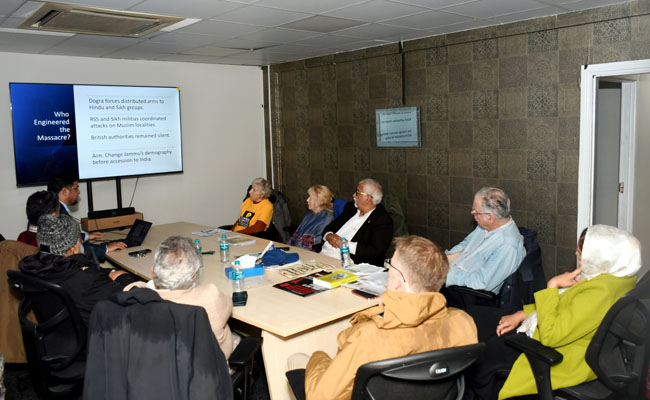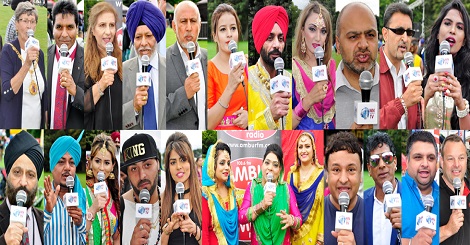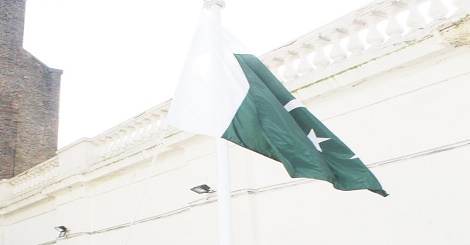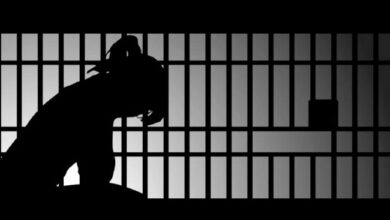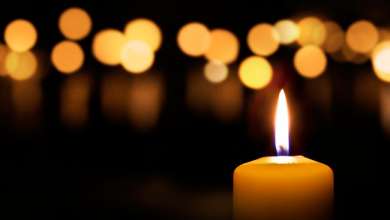Tehreek-e-Kashmir UK Holds Seminar on the Forgotten Jammu Muslim Massacre
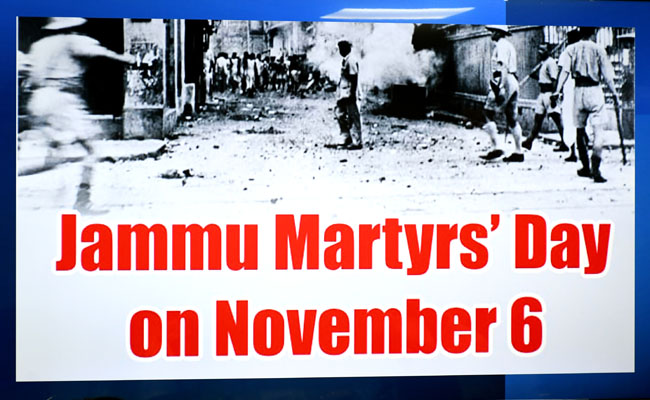
Birmingham, UK – 6 November 2025: Tehreek-e-Kashmir (TeK) UK organised a seminar titled “The Forgotten Jammu Muslim Massacre” in Birmingham to mark Jammu Martyrs’ Day (6th November).
The event was attended by representatives from Amnesty International, Palestine Solidarity Campaign, Stop the War Coalition, Muslim Association of Britain, St John’s Church, and other organisations.
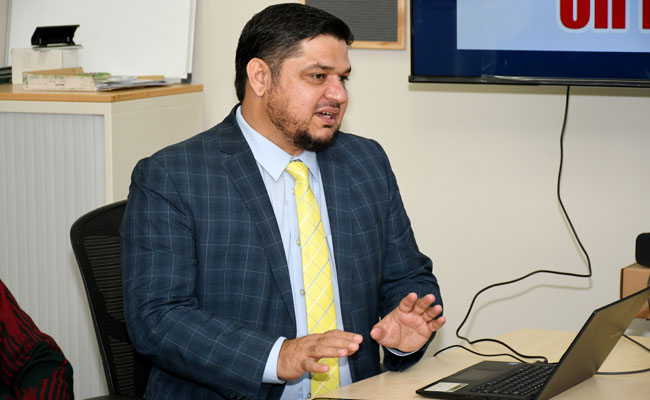
Fahim Kayani, President of Tehreek-e-Kashmir UK, briefed participants on the massacre of Muslims in Jammu in November 1947, when over 400,000 Muslims were killed and nearly half a million displaced by the forces of the Dogra ruler Maharaja Hari Singh, aided by paramilitary groups and RSS militias.
In mid-October 1947, forces from Patiala (Punjab) were called in, and the RSS, a right-wing Hindu organisation, was mobilised to communalise the situation and target Muslims. The Jammu Muslim Massacre began in mid-October 1947 and continued until the end of November 1947, spanning roughly six weeks.
Historical records and eyewitness accounts indicate that the killings intensified between 5–10 November 1947, reaching their peak around November 6, when organised “evacuations” of Muslims turned into mass executions near Rajouri, Samba, and Kathua.
Kayani described the killings as a state-sponsored genocide aimed at changing the demographic composition of Jammu — reducing its Muslim population from over 61% to around 30%. The tragedy remains one of the least-documented massacres of the partition, though it was widely reported in the British press at the time, including The Spectator (16 January 1948) and The Times, London (10 August 1948).
“The Jammu massacre is not just a forgotten tragedy — it is the starting point of the Kashmir dispute,” said Fahim Kayani. “Justice demands that the United Nations recognise it as genocide and hold those responsible in history accountable for their crimes.”
Kayani added: “This was the first ethnic cleansing in South Asia’s modern history — its victims and survivors still await acknowledgment and justice.”
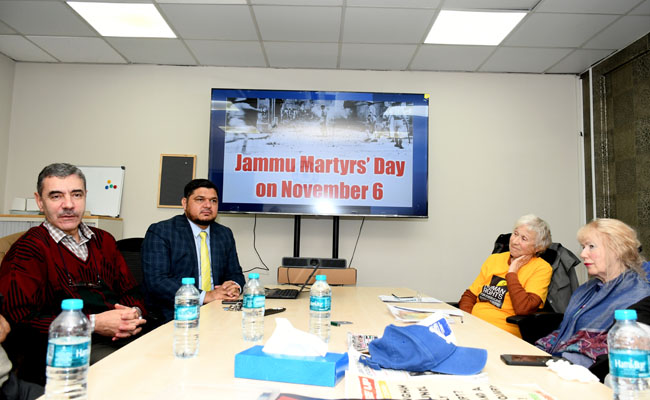
Speakers Dr. Ahmed Helmy, Astrid Laich, Claire Sandercock, Rev. Toby Crow, Stuart Richardson ,Khawajah Suleman, Iram Tahir, Bader Zaman, Khawajah Nisar, Ali Akhter, and Muhammad Ameen also expressed their views. They noted that this genocide remains underreported and emphasised that a memorial must be built to honour the victims who have long been ignored.
Participants collectively called on the United Nations to investigate the Jammu massacre as genocide and urged the UK government to recognise this dark but defining chapter in South Asian history.
